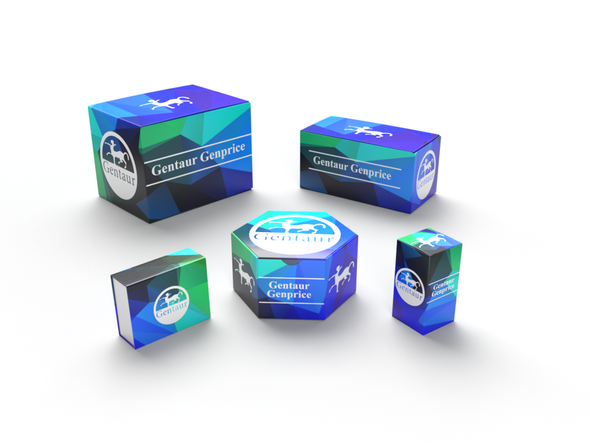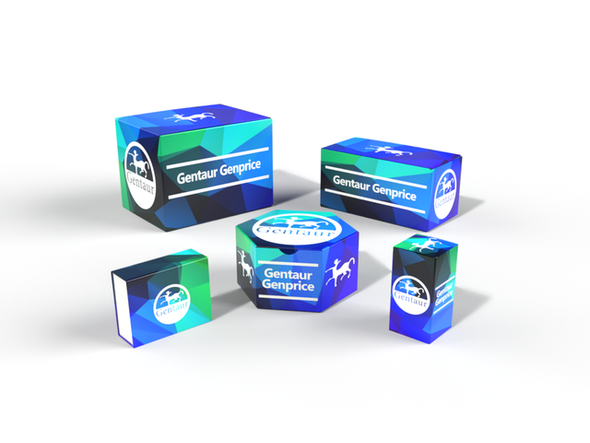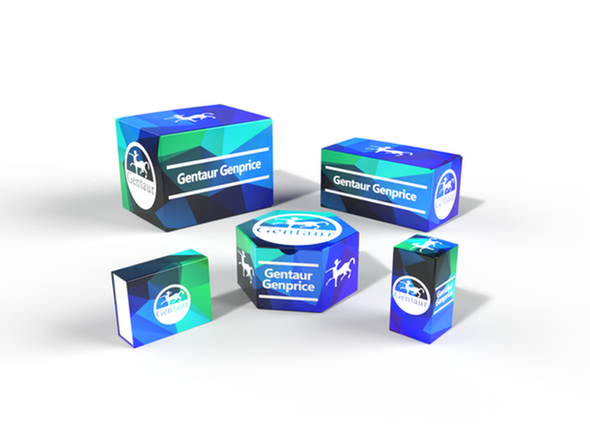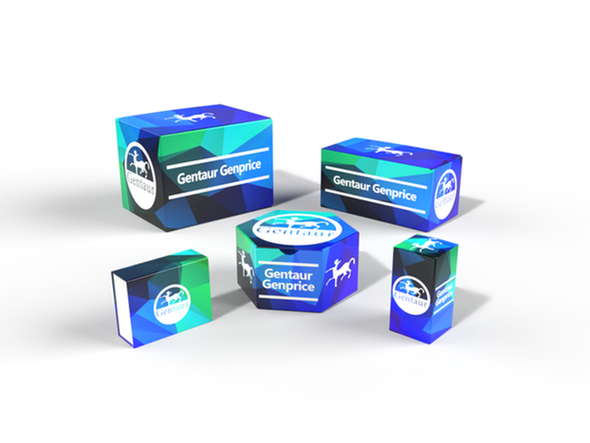740
Human Bcl-2-related protein A1 (BCL2A1) ELISA Kit | AE59284HU
- SKU:
- 740-AE59284HU
- Availability:
- Usually ships in 5 working days
Description
Human Bcl-2-related protein A1 (BCL2A1) ELISA Kit | AE59284HU | Gentaur UK, US & Europe Distribution
Species Reactivity: Human (Homo sapiens)
Abbreviation: BCL2A1
Alternative Name: ACC-1; ACC-2; BCL2L5; BFL1; GRS; HBPA1; hematopoietic BCL2-related protein A1
Application: ELISA
Range: 0.156-10 ng/mL
Sensitivity: 0.065 ng/mL
Intra-Assay: ≤4.6%
Inter-Assay: ≤7.9%
Recovery: 1, 04
Sample Type: Serum, Plasma, Other biological fluids
Detection Method: Sandwich
Analysis Method : Quantitive
Test Principale: This assay employs a two-site sandwich ELISA to quantitate BCL2A1 in samples. An antibody specific for BCL2A1 has been pre-coated onto a microplate. Standards and samples are pipetted into the wells and anyBCL2A1 present is bound by the immobilized antibody. After removing any unbound substances, a biotin-conjugated antibody specific for BCL2A1 is added to the wells. After washing, Streptavidin conjugated Horseradish Peroxidase (HRP) is added to the wells. Following a wash to remove any unbound avidin-enzyme reagent, a substrate solution is added to the wells and color develops in proportion to the amount of BCL2A1 bound in the initial step. The color development is stopped and the intensity of the color is measured.
Product Overview: BCL2A1encodes a member of the bcl2 protein family. The proteins of this family form hetero- or homodimers and act as anti- and pro-apoptotic regulators that are involved in a wide variety of cellular activities such as embryonic development, homeostasis and tumorigenesis. The protein encoded by this gene is able to reduce the release of pro-apoptotic cytochrome c from mitochondria and block caspase activation. This gene is a direct transcription target of NF-kappa B in response to inflammatory mediators, and has been shown to be up-regulated by different extracellular signals, such as granulocyte-macrophage colony-stimulating factor (GM-CSF), CD40, phorbol ester and inflammatory cytokine TNF and IL-1, which suggests a cytoprotective function that is essential for lymphocyte activation as well as cell survival.
Stability: The stability of ELISA kit is determined by the loss rate of activity. The loss rate of this kit is less than 5% within the expiration date under appropriate storage condition. The loss rate was determined by accelerated thermal degradation test. Keep the kit at 37°C for 4 and 7 days, and compare O.D.values of the kit kept at 37°C with that of at recommended temperature. (referring from China Biological Products Standard, which was calculated by the Arrhenius equation. For ELISA kit, 4 days storage at 37°C can be considered as 6 months at 2 - 8°C, which means 7 days at 37°C equaling 12 months at 2 - 8°C) .






